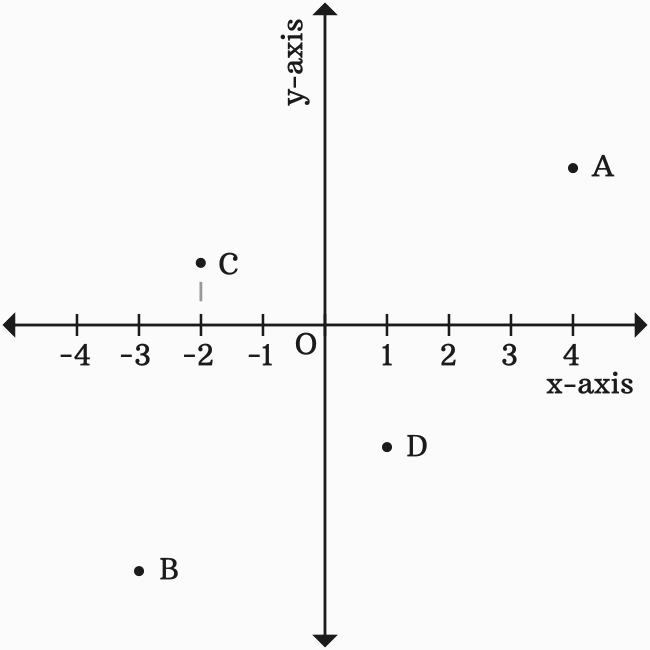

#ABSCISSA DICT SERIES#
Algebra (originally called al-jabr, meaning "restoration") was invented in the Middle East by Abu Ja'far Muhammad ibn Musa Al-Khwarizmi (born in Baghdad about AD 825) during the Middle Ages.Īn algorithm is series of steps or rules used for solving a problem. In algebra, unknown numbers can be represented by letters in order to solve equations. For example, 2+0=0+2=2.Īlgebra is the study of generalized arithmetic.
#ABSCISSA DICT PLUS#
The additive identity is the number zero because zero plus any number is equal to the original number. The addend is one of the numbers that is being added in order to find a sum.Īddition is the summing of numbers to determine their total. Compare with perfect number, deficient number.Īll three interior angles of an acute triangle are acute (less than 90 degrees). For example, 12 is an abundant number because the proper divisors of 12 are 1, 2, 3, 4, 6, which add up to 16, which is greater than 12. The absolute value of -2 is also 2 (written |-2|=2).Īn abundant number (also called a redundant number) is a positive integer for which the sum of its proper factors ( divisors) is greater than the number itself. For example, the absolute value of 2 is 2 (written |2|=2). The absolute value of a number is the distance from the origin on a number line. The abscissa is the first number, x, in the coordinates of a point (x,y). The numerical value of the abscissa tells you the distance from the origin along the x-axis. The abscissa is the x-axis of a coordinate system. Our subscribers' grade-level estimate for this page:Īn abacus is an ancient device that is used for arithmetic calculations. Today's featured page: Sun, Earth, and Moon Model



X: Illustrated Math Dictionary - Enchanted K: Illustrated Math Dictionary - Enchanted J: Illustrated Math Dictionary - Enchanted It is the hypothetical source of/evidence for its existence is provided by: Sanskrit chindhi, chinatti "to break, split up " Avestan a-sista- "unsplit, unharmed," Greek skhizein "to split, cleave, part, separate " Latin scindere "to cut, rend, tear asunder, split " Armenian c'tim "to tear, scratch " Lithuanian skiesti "to separate, divide " Old Church Slavonic cediti "to strain " Old English scitan, Old Norse skita "to defecate " Old English sceað, Old High German sceida "sheath " Old Irish sceid "to vomit, spit " Welsh chwydu "to break is a user-supported site.Īs a bonus, site members have access to a banner-ad-free version of the site, with print-friendly pages. It forms all or part of: abscissa conscience conscious ecu escudo escutcheon esquire nescience nescient nice omniscience omniscient plebiscite prescience prescient rescind rescission science scienter scilicet sciolist scission schism schist schizo- schizophrenia scudo sheath sheathe sheave (n.) "grooved wheel to receive a cord, pulley " shed (v.) "cast off " shin (n.) "fore part of the lower leg " shingle (n.1) "thin piece of wood " shit (v.) shive shiver (n.1) "small piece, splinter, fragment, chip " shoddy shyster skene ski skive (v.1) "split or cut into strips, pare off, grind away " squire. Proto-Indo-European root meaning "to cut, split," extension of root *sek- "to cut."


 0 kommentar(er)
0 kommentar(er)
